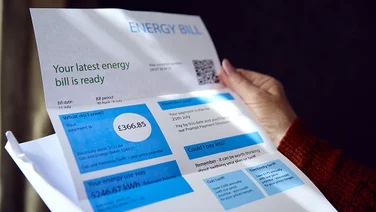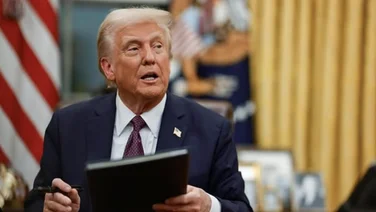- Ford and SMMT warn mandated quotas will hurt jobs following Vauxhall closure
- Manufacturers must pay a £15,000 fine for every vehicle out of the above requirements
- Manufacturers can buy credits from companies that go beyond zero-emission targets

Ford UK has called on the government to introduce incentives to encourage the purchase of electric vehicles (EVs) after compulsory sales targets were partly blamed for job losses.
It comes as industry backlash grows over sales targets, with the government pushing for the sale of new petrol and diesel cars to be phased out in a bid to reach zero-emission policies.
Currently, EVs must account for 22% of a company’s car sales and 10% of its van sales in 2024 and for every car sale outside of that, they must pay a £15,000 fine.
This is set to rise to 28% for cars and 16% for vans in 2025, with the rules getting exponentially tougher ahead of a complete ban of new petrol and diesel cars being sold.
In November, Stellantis, owner of Vauxhall, said it would put 1,100 jobs at risk by having to close a plant in Luton, partly due to EV-sales targets and low demand.
It also announced that it will be cutting 800 jobs in the UK over the next three years, with EV targets partially to blame for that decision too.
Speaking about the targets, Ford UK’s chair and managing director, Lisa Brankin, explained that government regulation to sell more EVs won’t work without a demand.
Brankin said: “The one thing that we really need is government-backed incentives to urgently boost the uptake of electric vehicles.”
With Ford investing over £350m into electrification in the UK, she added that the company “needs to make it [electrification] work”.
The Society of Motor Manufacturers and Traders Ltd (SMMT) has also called for government intervention to safeguard car manufacturing, slamming the mandated targets as “unreasonable” and predicted they would have a “devastating impact” on business and jobs.
The mandated targets are part of a phase out of petrol and diesel vehicles by 2030, a policy that’s been described as a “jobs killer” by Shadow Business Secretary Andrew Griffith.
Stellantis’ decision was also “the direct result of a government policy that is simply unworkable for industry”, according to Griffith.
Those who can’t meet targets are able to buy credits from those that can, meaning companies could buy credits from companies such as Tesla who exclusively build electric vehicles.
Manufacturers are arguing that demand for EVs is not nearly as high as expected and therefore, to avoid fines, they’re having to discount new models or subsidise rivals that build only electric cars.
Sales of EVs are increasing, with one in every five cars registered in October being electric, but industry sources claim this is largely due to unsustainable discounts on vehicles.
Nissan said the rules are “undermining the business case for manufacturing cars in the UK, and the viability of thousands of jobs and billions of pounds in investment”.
A number of changes to EV rules have been suggested, including allowing sales credits to be transferred between cars and vans, and being able to give credits for British-made EVs sold internationally.






